Jailed Bahraini opposition leader shifted to hospital as health deteriorates
An imprisoned Bahraini opposition leader has reportedly been moved to a military medical center following a deterioration in his health condition, as prison authorities had long denied him proper medical treatment.
The Arabic-language Lua Lua television network reported that Sheikh Mirza al-Mahrous, a Shia Muslim cleric, who suffers from heart failure, lost consciousness in his cell inside the notorious Jau Prison, south of the capital Manama, a few days ago.
He was subsequently transferred to a hospital in order to undergo cardiac catheterization, the report noted, adding that a catheter was inserted into one of his arteries and then guided up to his heart.
Jailed #Bahrain-i religious leader Sheikh Mirza Al-Mahroos has reportedly undergone a cardiac catheterization after losing consciousness in prison. He had to be rushed to a military hospital where a catheter was inserted into one of his arteries & guided up to the heart. pic.twitter.com/lxHeaiFB4K
— LuaLuaTV (@LuaLuaEnglish) January 31, 2023
The report comes as Mahrous’s family has frequently voiced concern over his well-being and said officials at Jau Prison deny him necessary medicine.
A new report has exposed that political prisoners and prisoners of conscience in Bahrain are suffering from the long-term effects of torture during their arrest, interrogation, and imprisonment, as the Al Khalifah regime continues to terrorize them in one way or another.
In a damning report released on Monday, the non-profit Americans for Democracy & Human Rights in Bahrain (ADHRB) said it had found through interviews and medical reports that many victims were unable to resume a normal life due to “invisible wounds” that persist years after mistreatment.
The psychological effect of torture inevitably spills into the social life of the victims.
One of the victims told the organization that he was detained while taking a shower and was dragged naked on the street, where he was also beaten harshly.
He developed irritability and a deep-seated fear of being rearrested or of something happening to his family members. Fear of reprisal due to threats from the Manama regime forces later prevented him from attending therapy.
A female victim, who was forced to strip naked during an interrogation and sexually assaulted, whipped, insulted, and threatened with rape and the murder of her children, said she experienced self-hatred and contemplated suicide following the event.
Last month, the al-Wefaq National Islamic Society, Bahrain’s main opposition group, expressed serious concern about the unhealthy conditions in the tiny Persian Gulf kingdom’s detention centers, saying that political prisoners suffer high rates of chronic health conditions.
Al-Wefaq, in a statement released on January 21, announced that the imprisoned campaigners are subjected to various forms of mental and physical health conditions, denouncing their mistreatment as criminal and potentially fatal.
“Leaked documents from dozens of political prisoners indicate that the inmates are being kept in very terrible conditions,” the statement read.
الوفاق: السجناء السياسيين في البحرين اعتقلوا وعذبوا وحكموا بسنوات طويلة وسحبت جنسياتهم وتم عزلهم سياسياً ومدنياً كونهم يطالبون بالديمقراطية والعدالة والحرية واحترام حقوق الانسانhttps://t.co/zMrdP3LPvC#صرخة_المظلوم #البحرين #Bahrain
— Alwefaq Society (@ALWEFAQ) January 21, 2023
The Bahraini opposition group went on to criticize the international community’s indifference to the miserable condition of imprisoned political inmates and deplored Western governments’ fake advocacy for human rights.
“Depriving inmates of drinking water, treatment and medical supplies, heat and hot water, sunlight and contact with family, in addition to other inhumane conditions amount to a crime and represent a systematic assault on the lives of political prisoners. These detainees are being held behind bars for their advocacy of human rights, and fighting for legitimate political and humanitarian demands as well as civil liberties,” al-Wefaq said.
Anti-monarchy demonstrations began in mid-February 2011 and have been held on a regular basis ever since the popular uprising started.
Demonstrators demand that the Al Khalifah regime relinquish power, and a democratic, just system representing all Bahrainis be established.
The ruthless Manama regime, however, has responded to demands for social equality with an iron fist, clamping down on voices of dissent.
In March 2017, Bahrain’s parliament approved the trial of opposition civilians at military tribunals in a measure blasted by human rights campaigners as being tantamount to the imposition of an undeclared martial law.
The monarch, King Hamad, ratified the constitutional amendment in April 2017, bringing about further suppression of political dissent on the tiny Persian Gulf Island under the strong influence of the Saudi regime.
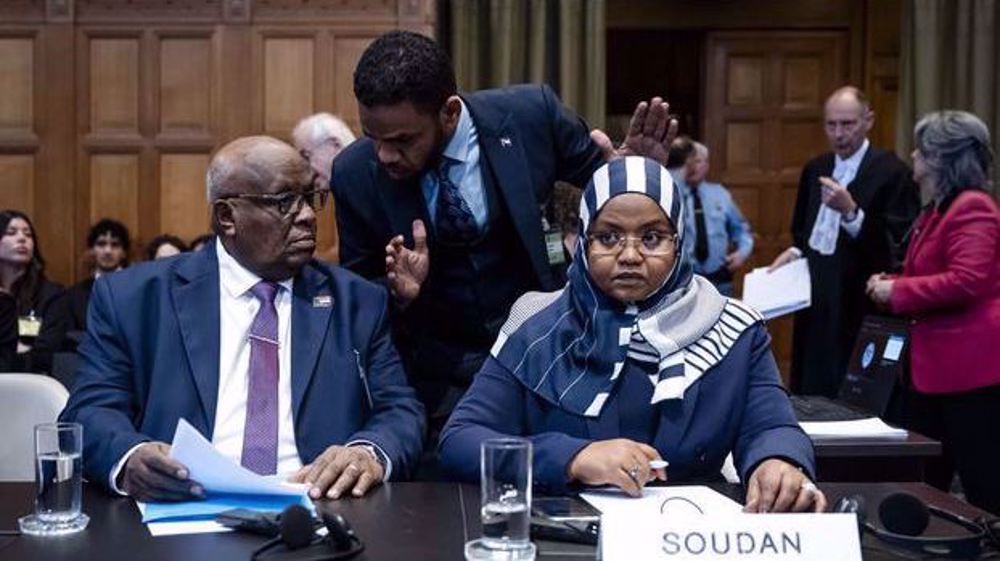
Sudan takes UAE to World Court over 'genocide' in Darfur
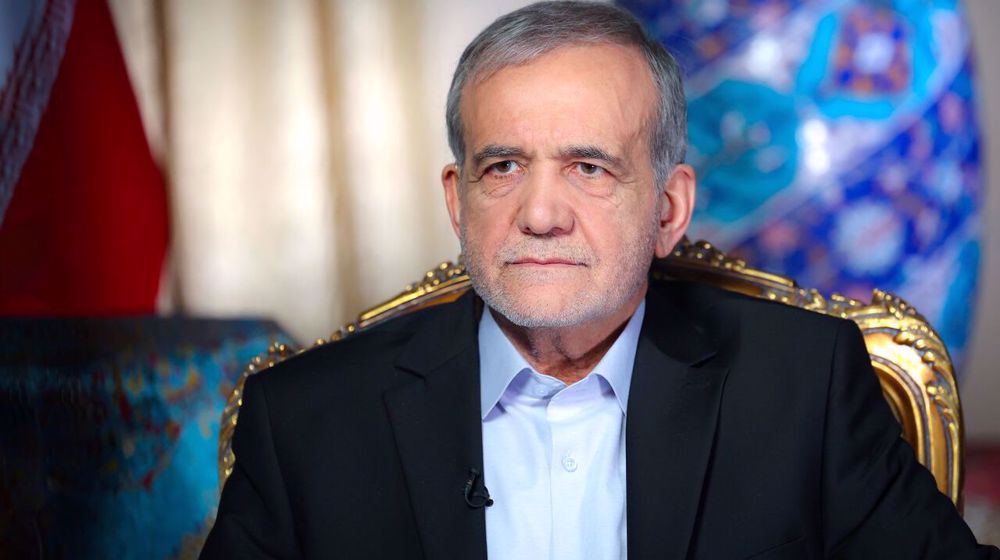
Pezeshkian: Iran seeks stronger ties with neighboring countries
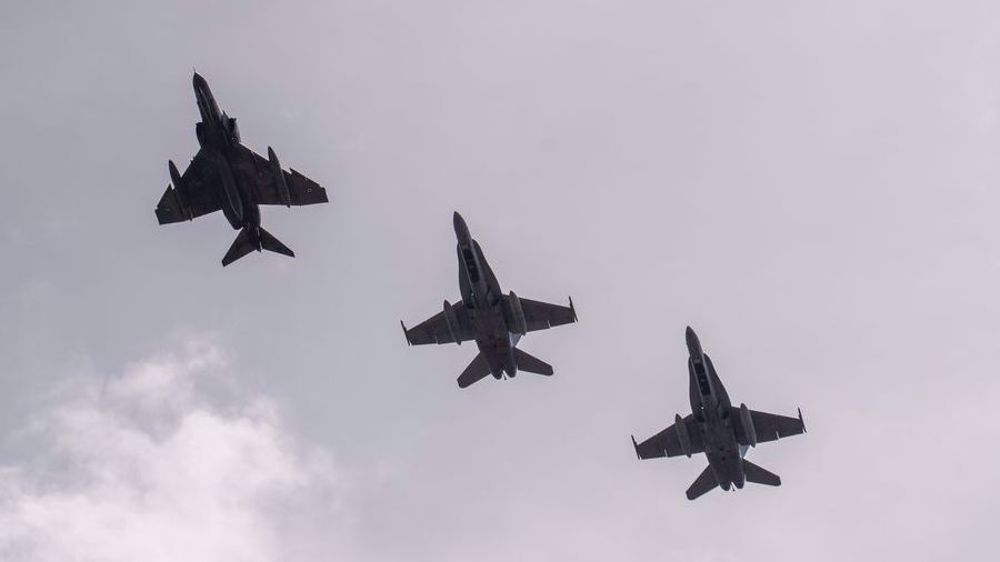
Qatar joins Israel for 'side by side training' in aerial drills in Greece
Next round of negotiations between Iran and US will take place in Europe: Deputy FM
US airstrikes on Yemeni factory kill 6 civilians
Yemeni armed forces shoot down 19th American drone
Israeli settler attacks, displacements increase in the occupied West Bank: OCHA
Protesters gather in Times Square demanding release of Mahmoud Khalil
Yale's decision to terminate Dr. Helyeh Doutaghi aimed to silence anti-genocide voices: Activists
Iran’s aluminum output down by nearly 5% in year to March
Missiles fired from Yemen triggers sirens in Israeli-occupied territories, closes airport


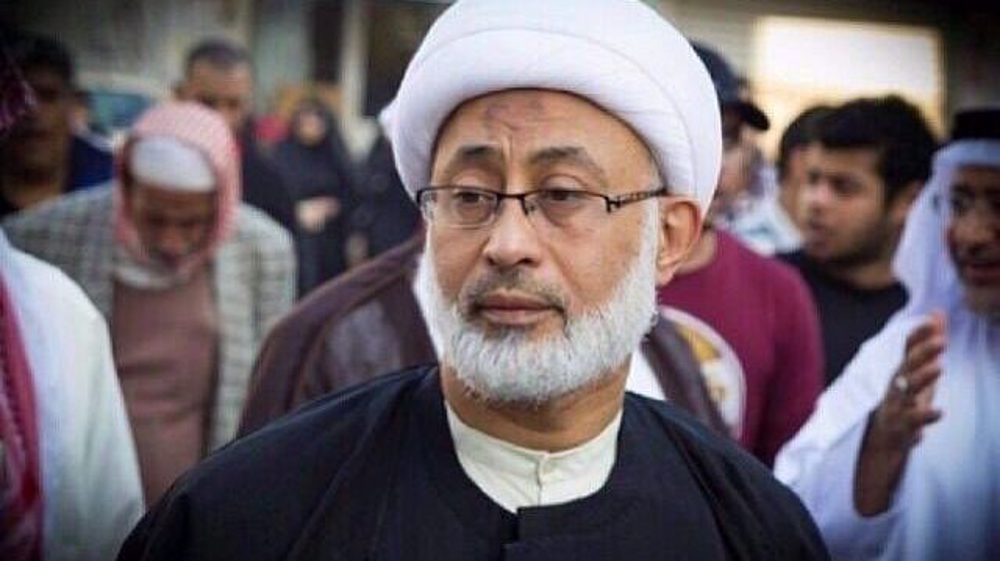
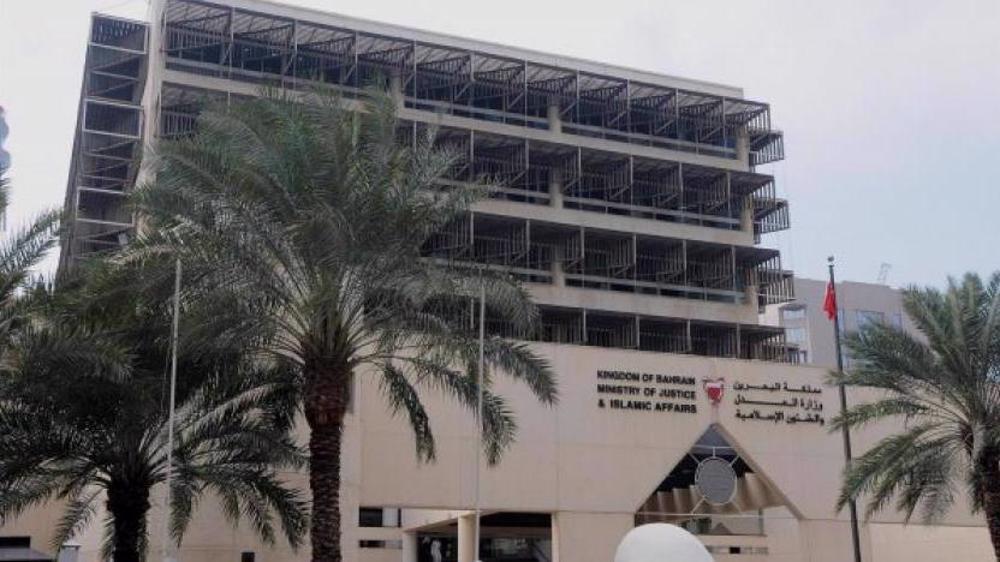
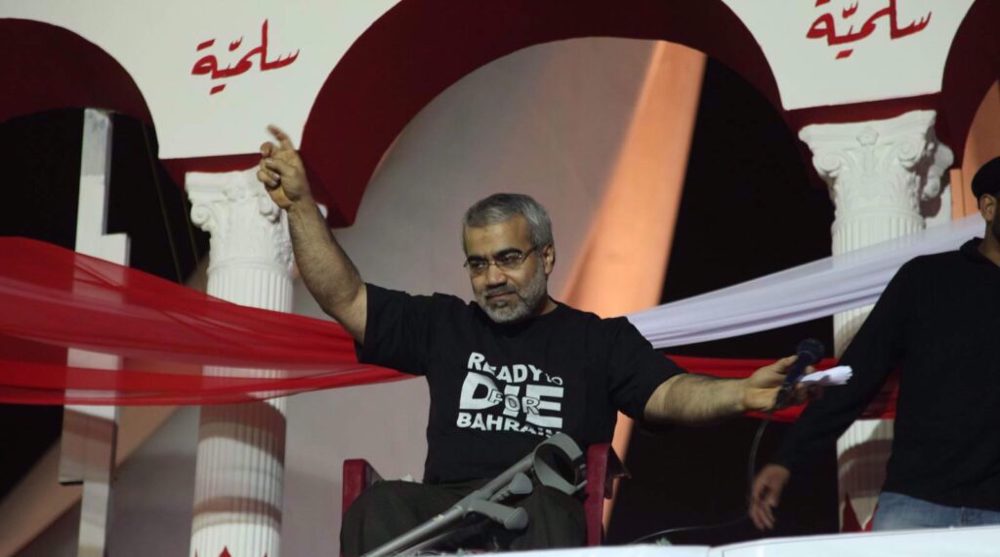



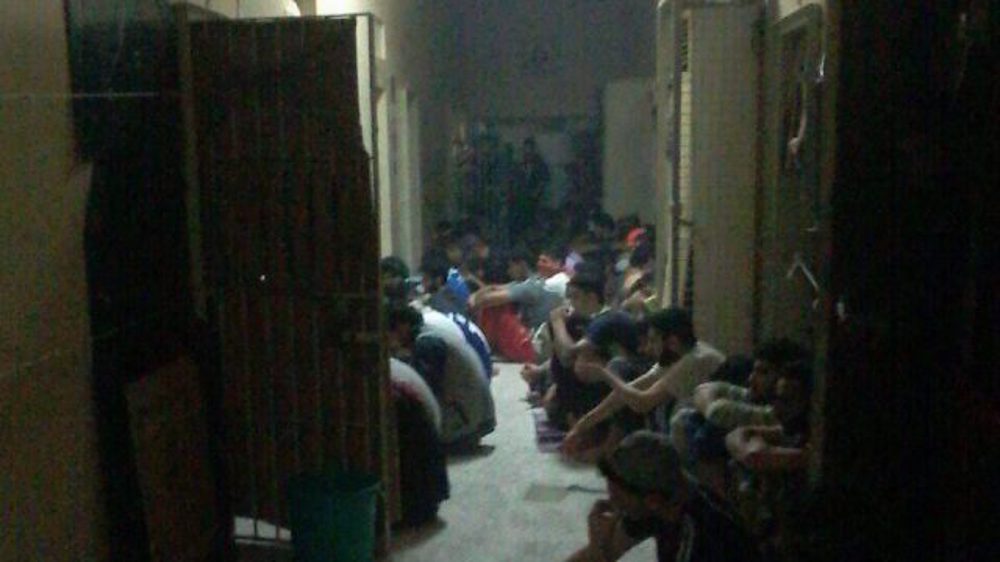
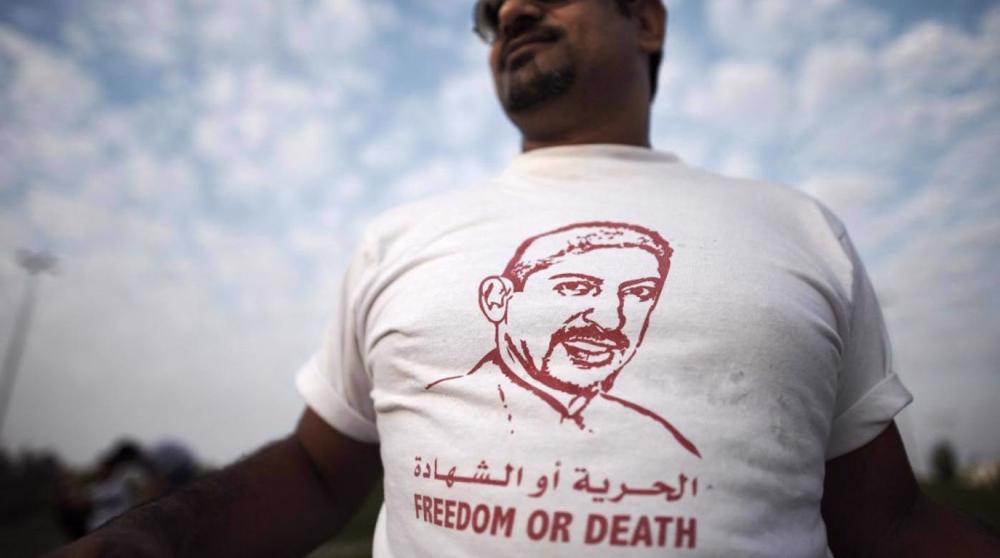
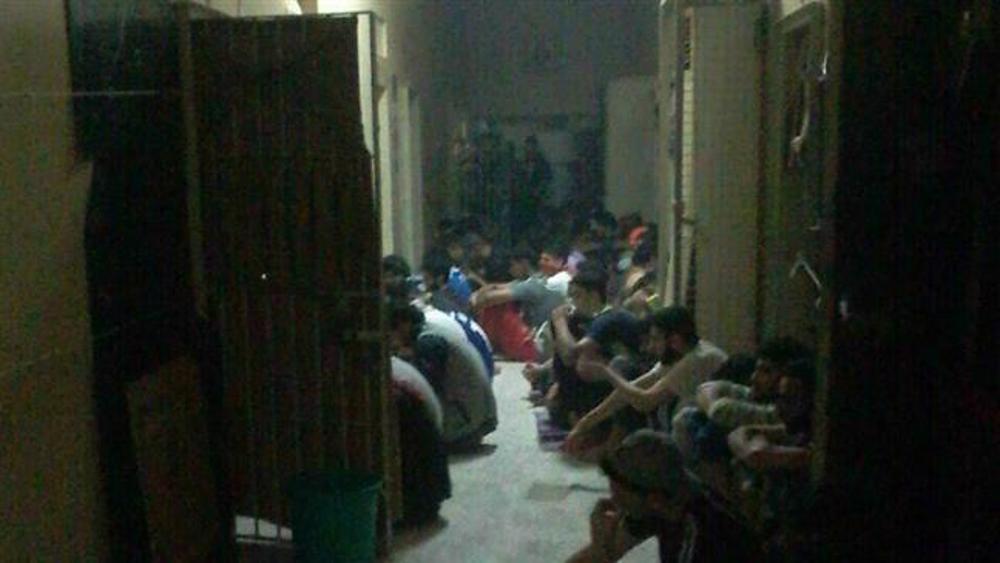
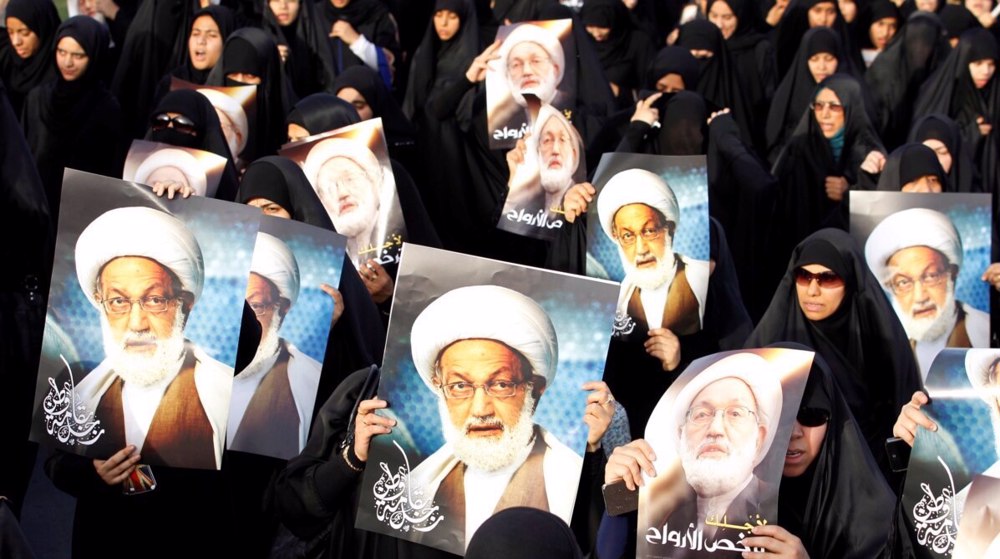
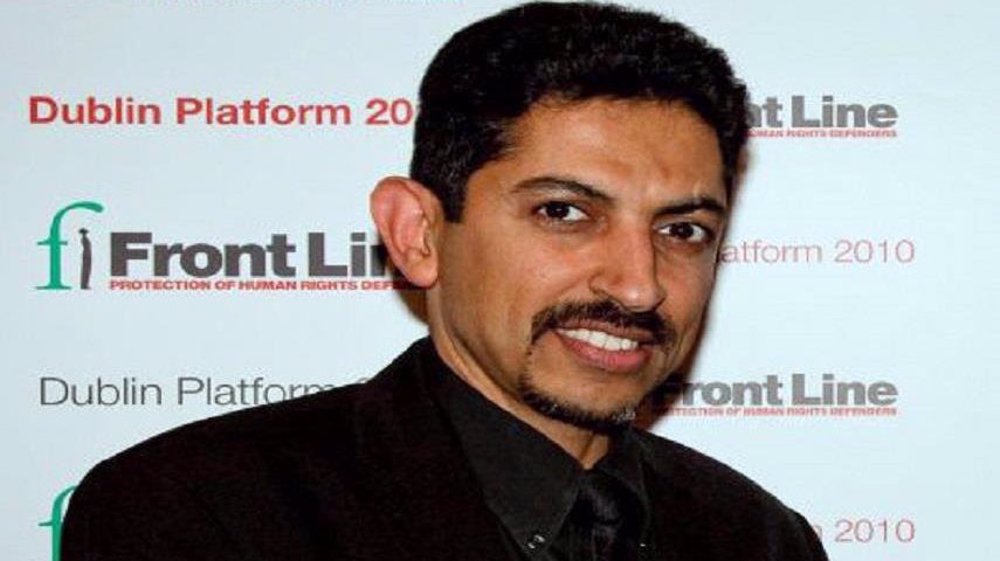
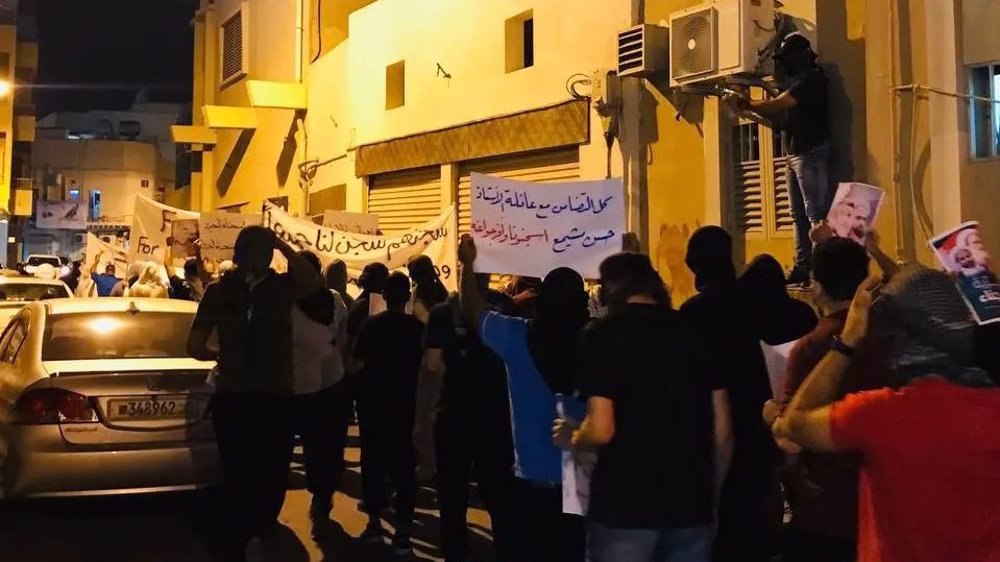
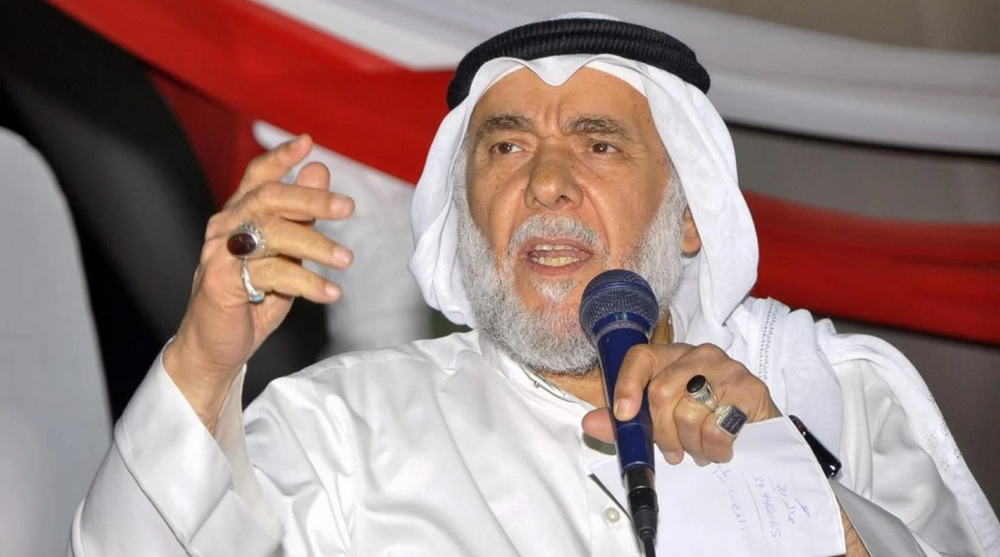

 This makes it easy to access the Press TV website
This makes it easy to access the Press TV website